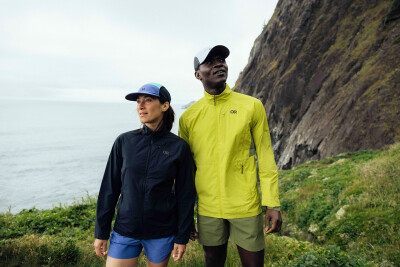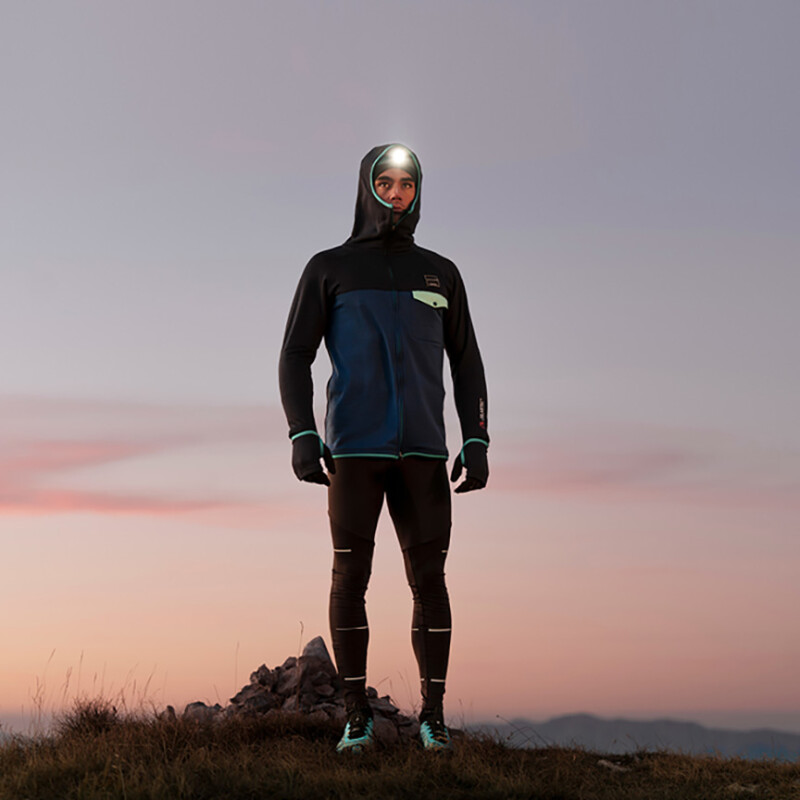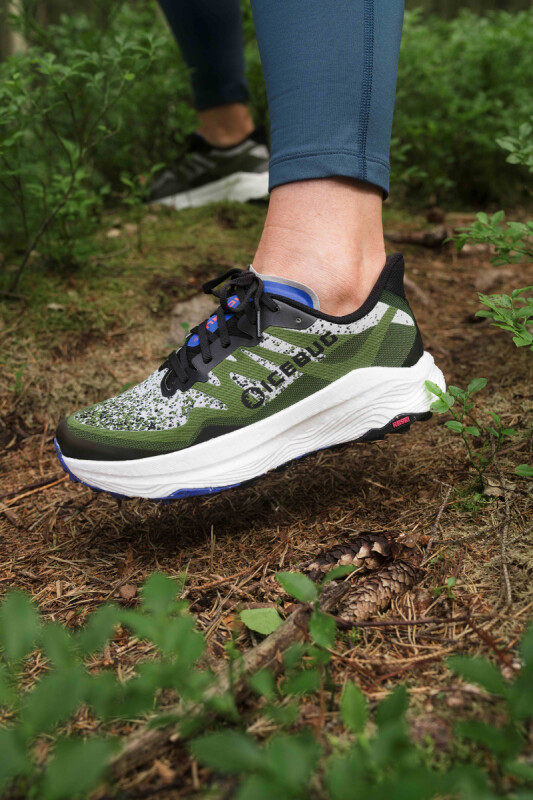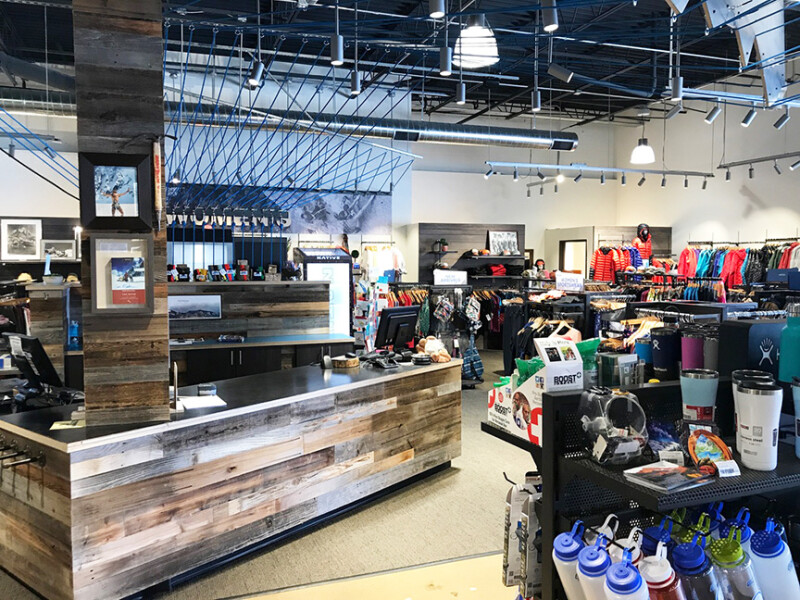Outdoor Research (OR) sustainability specialist Haylee Utt calls carbon reduction the Seattle-based company’s “North Star” – the inspired, lofty target guiding all of OR’s strategy decisions related to sustainability, from its sourcing of raw materials to evaluating chemical safety in its supply chain.
“Outdoor Research’s love for the outdoors goes hand in hand with our responsibility to protect the planet,” Utt says.
And over recent years, Outdoor Research has been particularly active on the sustainability front, talking the talk and walking the walk as a growing outdoor brand.
A founding member of the Outdoor Industry Association Climate Action Corps, a collective committed to reducing and removing greenhouse gas emissions across the outdoor industry, OR has set science-aligned targets and employed thoughtful strategies to reduce its greenhouse gas emissions, such as investing in renewable energy.
OR has also teamed with like-minded partners throughout its supply chain to drive positive climate action and taken concrete steps to reduce waste. As one example, Outdoor Research recently partnered with Debrand to responsibly recycle and dispose of textile cuttings from its factory as well as damaged or warrantied garments unable to be resold in the brand’s Des Moines, WA, outlet store.
“This helps us divert waste from the landfill and track how much fiber can be recycled – giving us valuable feedback on our raw material sourcing and the future development process,” Utt says of the collaboration with Debrand.
On the product side, OR has proactively transitioned its products to be free of intentionally added PFAS – the synthetic “forever chemicals” that infiltrate water, soil and wildlife systems. Today, Outdoor Research builds all of its products free of intentionally added PFAS – an ambitious target the brand reached in January.
The company has also prioritized the use of sustainable materials like recycled nylon and polyesters and bluesign-approved materials, which appear in run-oriented products like its Deviator Wind Jacket featuring bluesign-approved and recycled nylon and the new Swift Lite Shorts, which use bluesign-approved polyester. Meanwhile, OR’s newly redesigned Foray/Aspire 3L Rain Jacket recently became the first technical apparel in the outdoor industry to be third-party certified carbon-neutral by Climate Impact Partners.
Balancing business growth and environmental stewardship is a challenge, Utt acknowledges, but one Outdoor Research readily accepts.
“OR’s committed to transparency in its business practices, identifying areas for improvement and making strides to mitigate our global environmental impact while continuing to create premium outdoor gear and apparel for people who love being outside,” Utt says.







